The rules around Senior Privileges are frequently debated between faculty and students in the Seven Hills Community. When the topic is discussed, accusations are made against the school’s administration. With the current rules, students feel a lack of freedom and trust, and that their free time simply isn’t valued, while the administration believes they are doing what is best for the students’ interests. While the guidelines of many of Seven Hills’s senior privilege policies are enforced through state regulations, others are implemented by the school’s administrators.
To understand the debate regarding senior privilege rules, one must first understand the existing state and school policies that determine what is and is not allowed. Firstly, in order to obtain their privileges, seniors must satisfy deadlines for both community service hours and their challenge project. Afterwards, students must turn-in a permission form signed by a parent or guardian which allows them to leave campus during school hours. The state of Ohio requires every high school student to be in school for at least five and one-half hours a day, excluding the lunch period. Seven Hills allows only seniors to leave campus once a day for up to 80 minutes. Additionally, students with first block free bells are required to check-in with their advisor by 8:10 and then have the option to leave campus. Students with fourth block free bells are only permitted to leave for 80 minutes before 3:15 (the end of the school day) rather than 2:40 (the end of fourth block).
While Seven Hills allowing seniors to leave campus is a liberty that should be recognized and greatly appreciated, we must not pretend as if these privileges do not exist at several other Cincinnati independent schools. Summit Country Day, Cincinnati Hills Christian Academy, Saint Xavier, and many other independent schools grant senior privileges to their students. These schools also allow students from all grades to arrive late on days they have a first block free bell, and allow seniors to leave more than once on days they have multiple free bells.
While there is not enough time in the day for students to leave for over eighty minutes, I firmly believe that students deserve to spend those minutes however they please. Whether it is three trips to Starbucks or an extra eighty minutes of sleep, students’ free time should belong to students. It should not be constrained by unreasonable rules, such as the first bell rule.
“We want to get you (the students) checked in and ready for the day,” Laura Leonard, the dean of upper school students, said.“We believe in helping students create healthy habits and sleeping in every day isn’t great for your sleep schedules.”
While sleeping in is not great for sleep schedules, not getting enough sleep is far worse and negatively impacts one’s ability to excel socially, academically, and physically. According to a study done by the University of Washington, students who attended schools that allowed later starts, performed an average of 4.5 percent higher grade level. The American Psychological Association states that later start times lead teens to show lower stress levels, higher attendance rates, and fewer car accidents.
Across America, schools have implemented later start times. With both teen stress levels and teen sleep deprivation soaring, it seems logical that “progressive” Seven Hills would do what is in the best interest of its students and allow them the extra hour and twenty minutes of sleep. Instead, students are required to check in with their advisor at 8:10 and then may leave campus. This is detrimental to students who deal with both the academic rigor of Seven Hills and busy schedules filled with extracurricular activities.
“It literally makes zero sense,” senior John Corbett said. “The amount of sleep I am forced to trade just to check-in is absurd.” The rules also lead to many tardies. “If I feel tired and have first block free, I just sleep in,” said an anonymous student. “I’d rather have a detention than be tired on a test day.”
I find it personally confusing why the school has embraced a system that forces all students to conform to a one-size-fits-all rule. If a student is extremely productive in the morning, and enjoys working during their first block free bell, then by all means they should have the option to come to school. However, why should a student who doesn’t work well in the morning be forced to come to school when they could be sleeping?
Another rule that lacks logic is the fact that students may only leave once during the school day, even if it is not for eighty minutes. “Sometimes I can’t get lunch with my friends if I have another free bell I would like to leave during as well,” senior Abby Robinson said. Even though students like Robinson could adhere to the 80-minute rule by leaving for forty minutes during lunch and forty at another point in the school day, they are prohibited to do so.
The rule only increases the chances of students bending the honor system of signing in and out. “Sometimes I just leave without signing out,” an anonymous student said. Seven Hills has over 400 students, and the fact of the matter is that the school has no idea where each individual student is at any given time, regardless of whether they’re on campus or not. Just this past year, the school installed over 90 security cameras to ensure the safety of students. However, students feel that these cameras were most likely installed to prevent students from leaving campus.
When asked if she would consider extending free bell privileges to other grades, Leonard stated that she believes senior privileges are special and reserved for seniors. “One of our (the administration) jobs is to help create community within the school campus, and if we let juniors leave campus, then they will likely only hang out with just themselves or their friends,” Leonard said.
While this statement is likely true, most students spend their free bells alone or with their friends anyway, so the community building is minimal. Additionally, why does the school consider granting seniors basic freedom like being able to maximize their free time as special? In that case, maybe it’s time to come up with something a little more special. While I understand the desire to keep freshmen on campus, juniors and driving sophomores should be able to leave.
Ultimately, if students of all grades are able to get a signed waiver from their parents and are able to drive, they should be able to leave campus during their free bells, and arrive late in the mornings when they have free bells. If these changes are made, not only will the student body be healthier and better rested, but they will also have a stronger sense of freedom. At the age of 18, one is able to vote, join the military, and make personal health and legal decisions for themselves, but they can’t leave their high school campus when they do not have a reason to be there. This does not prepare students well for college, where they will experience far more freedom, and the adjustment may be harder to handle.

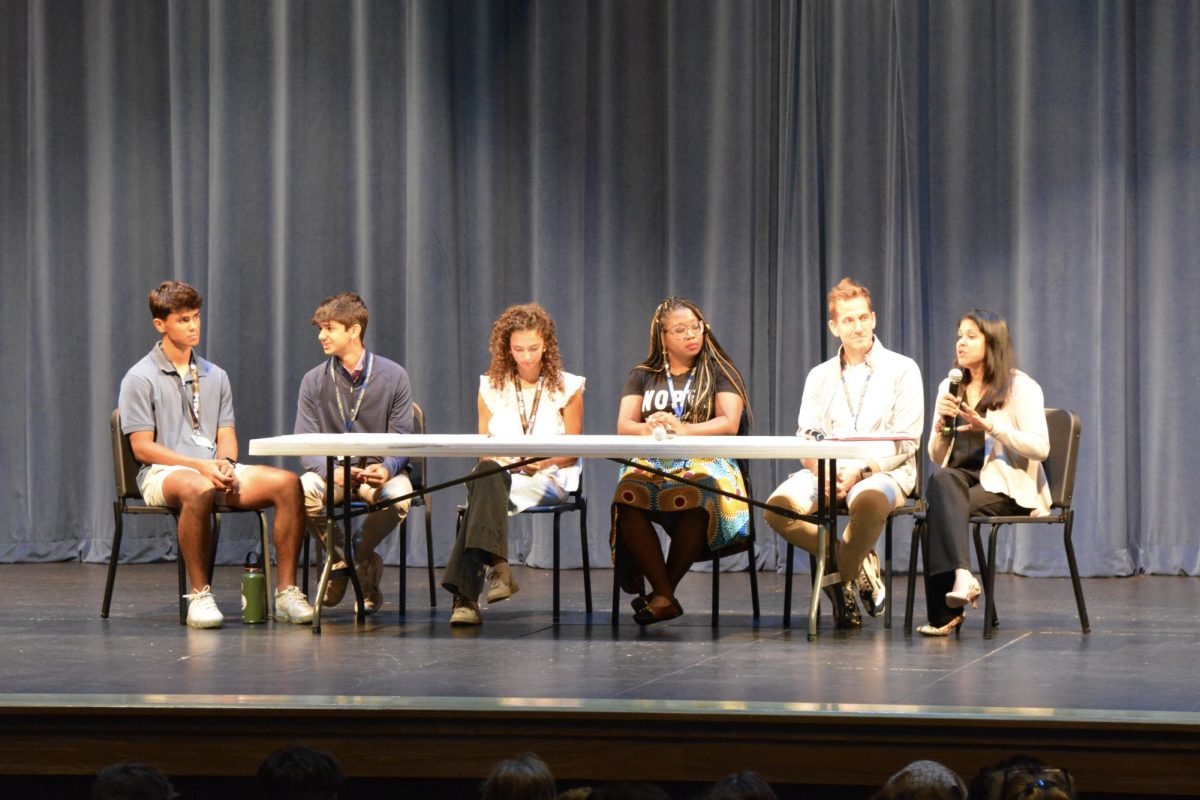

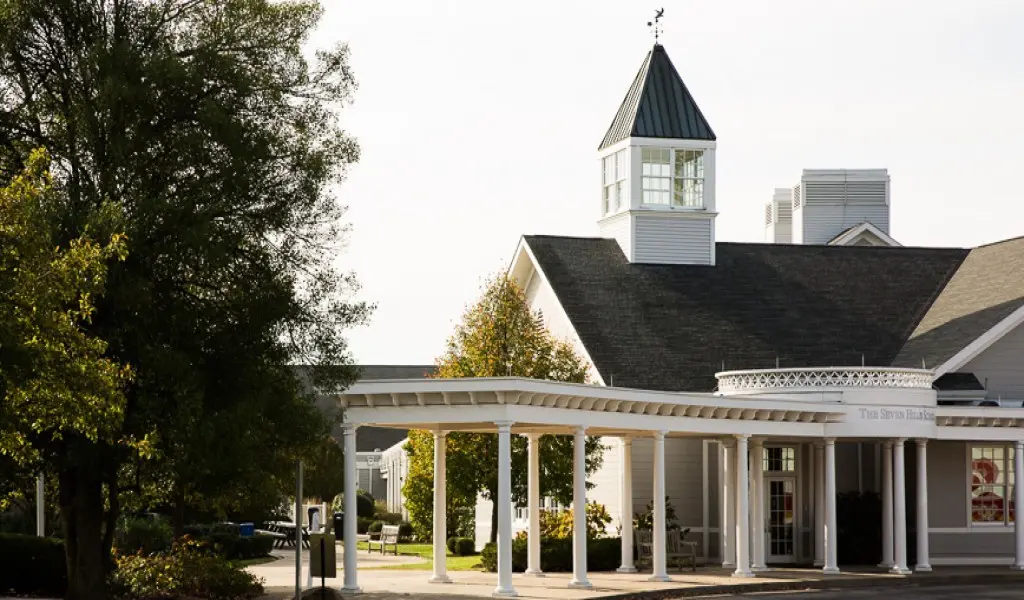

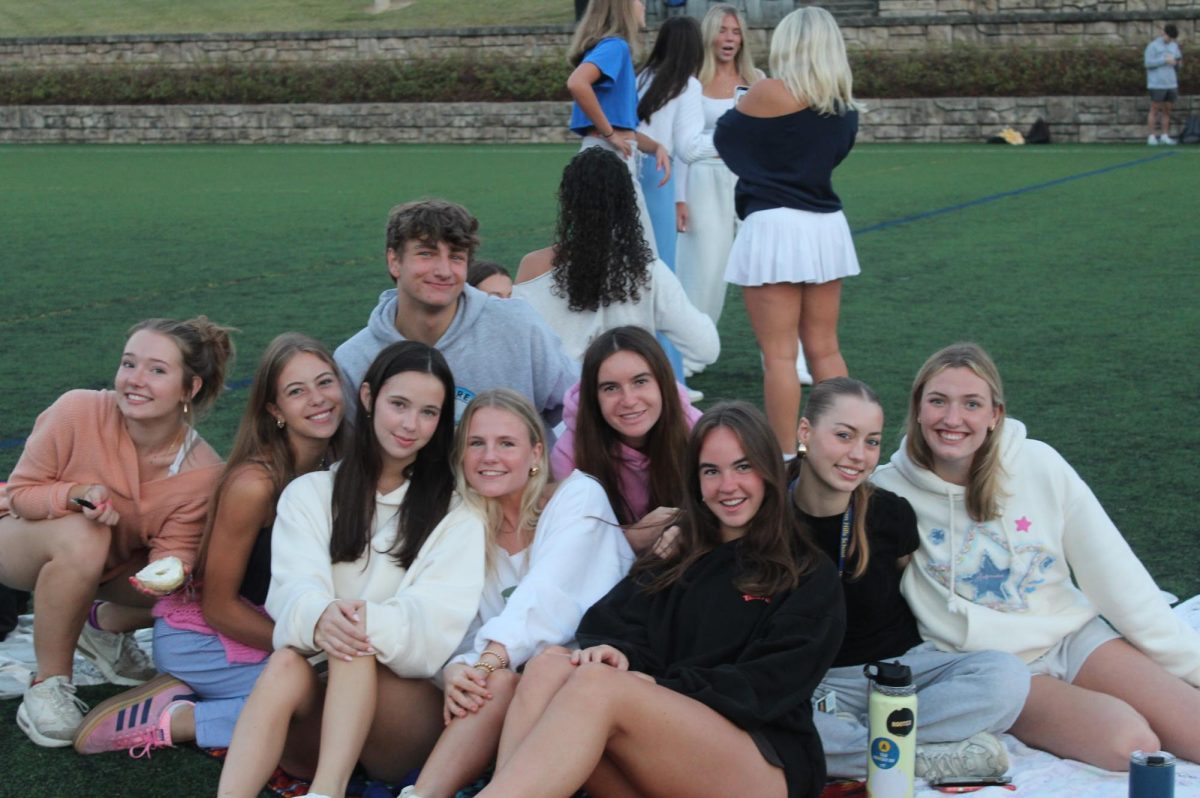
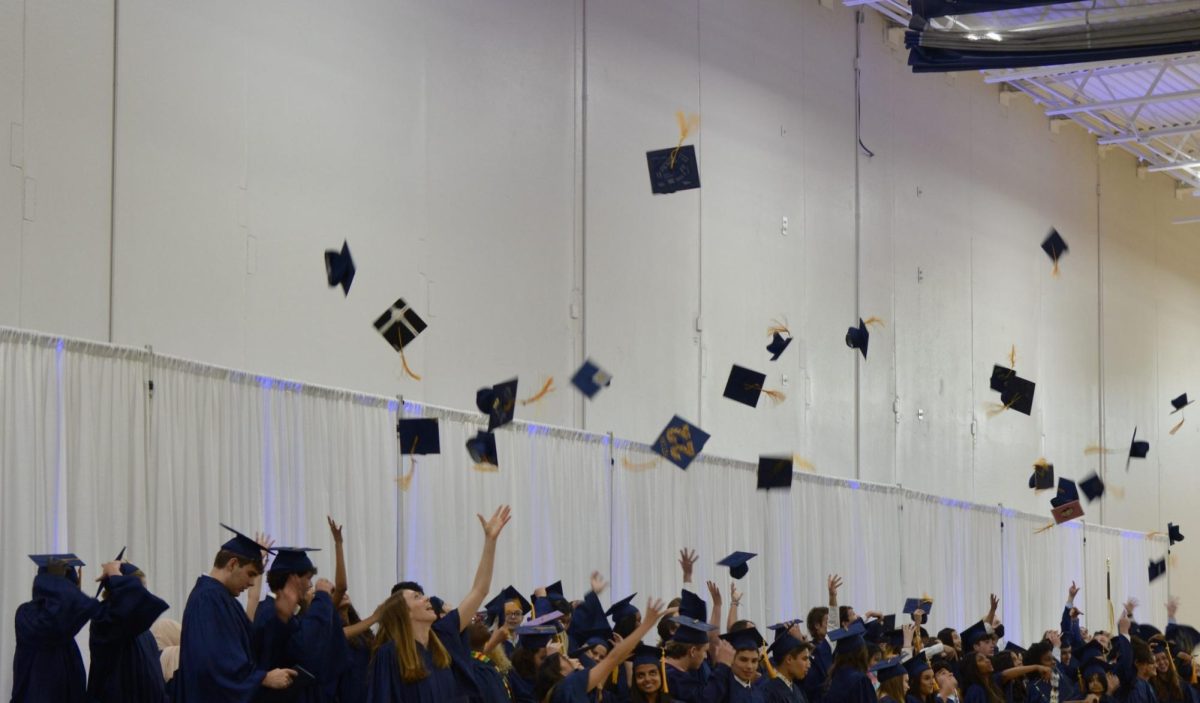
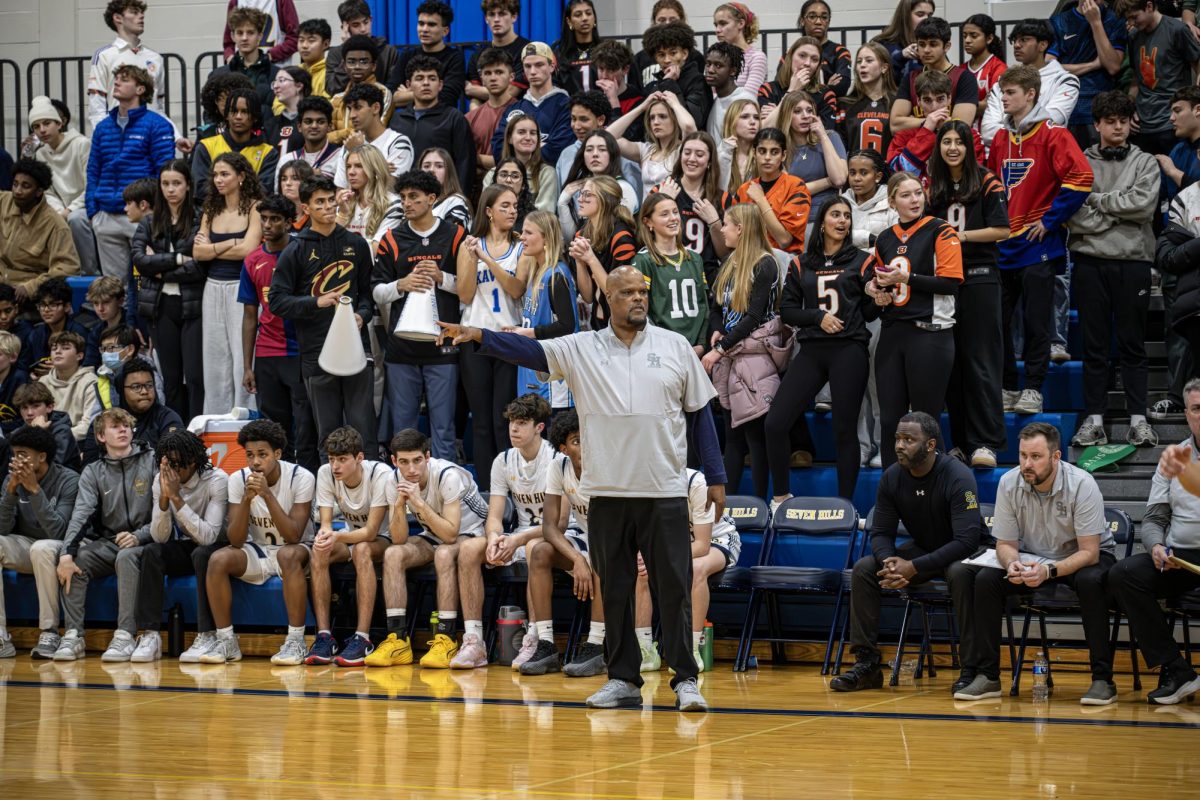
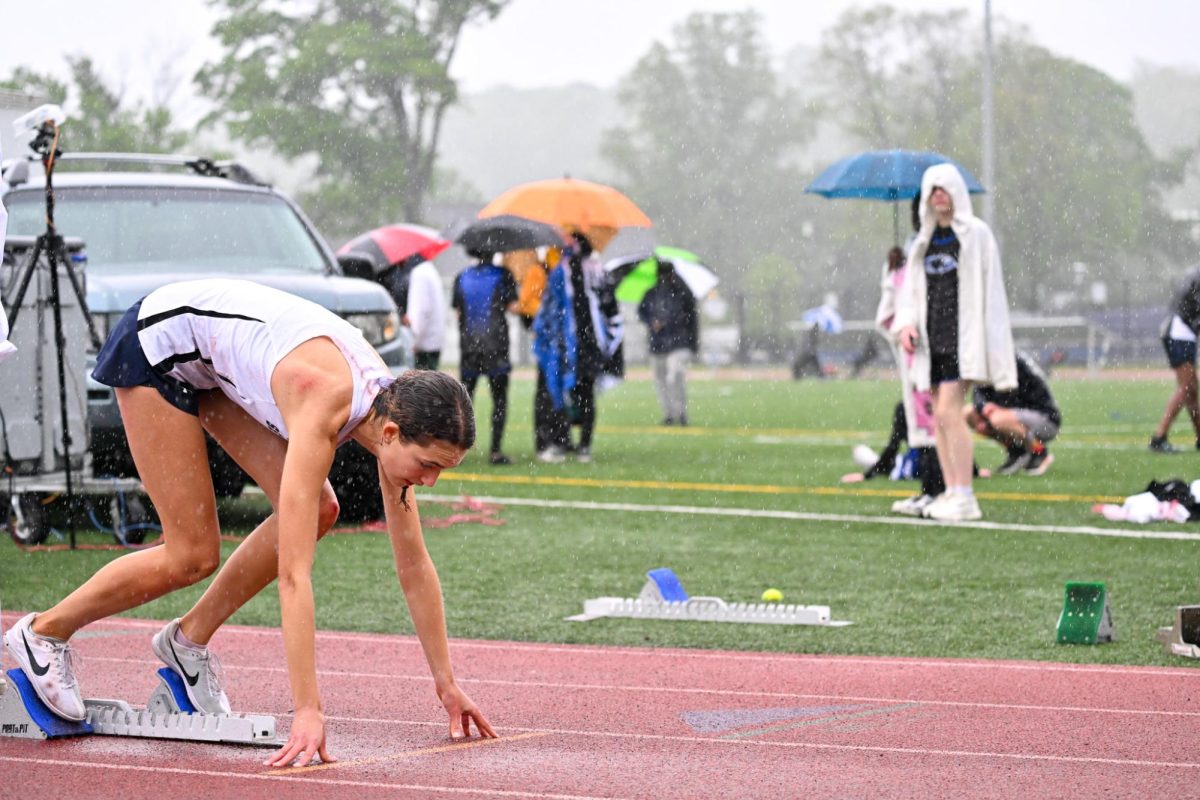



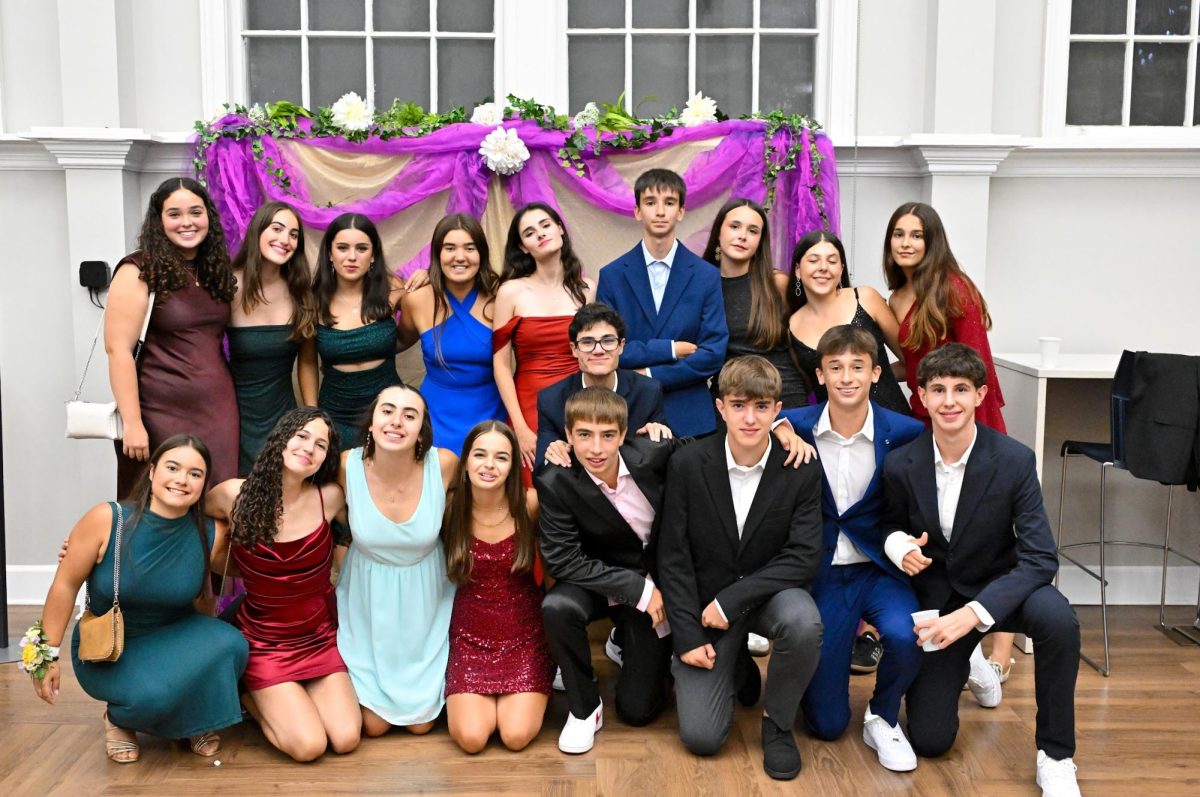
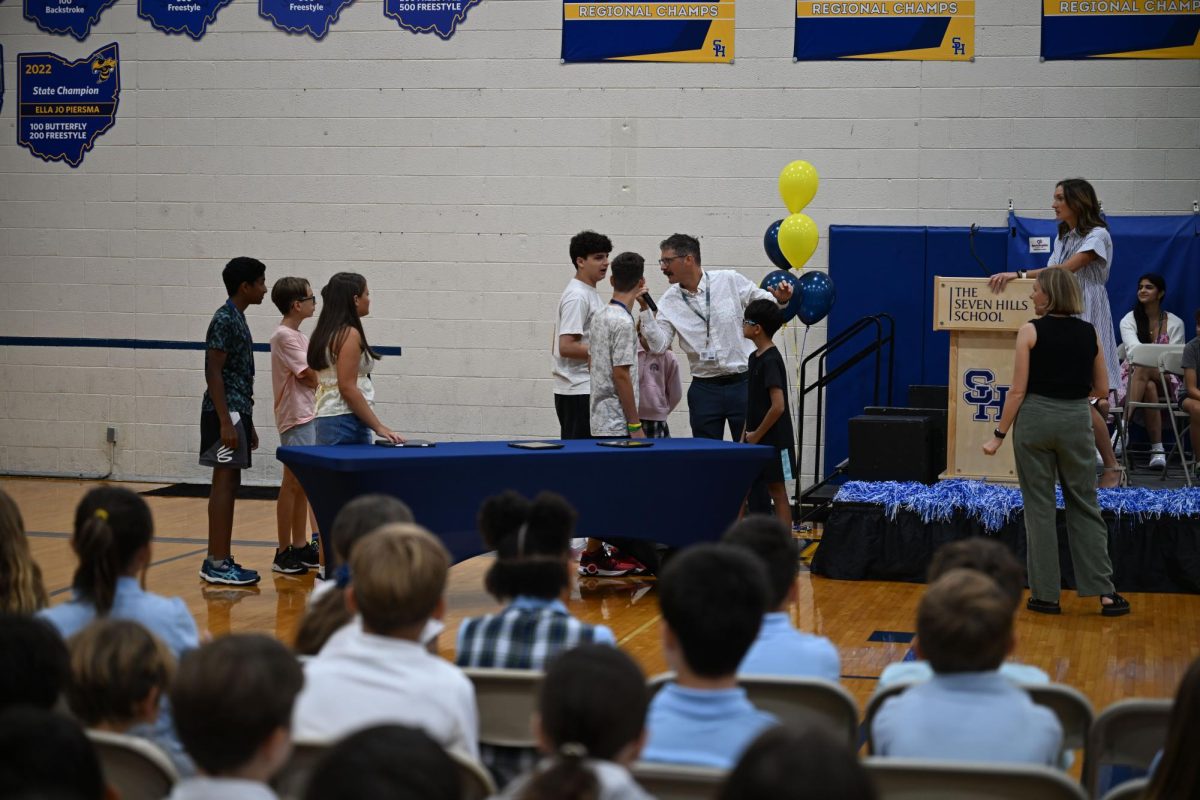
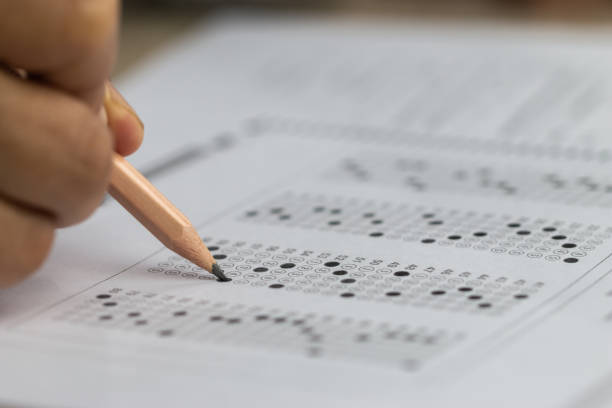
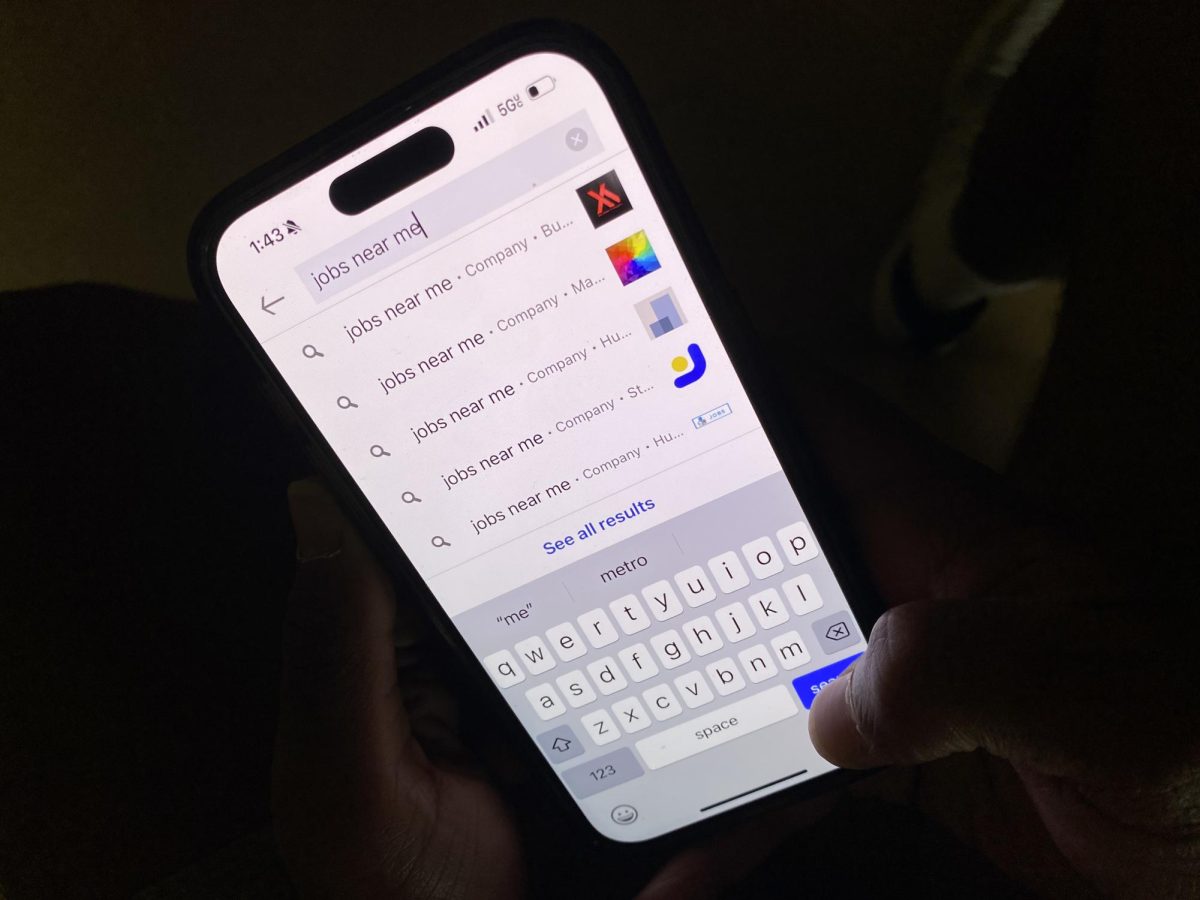

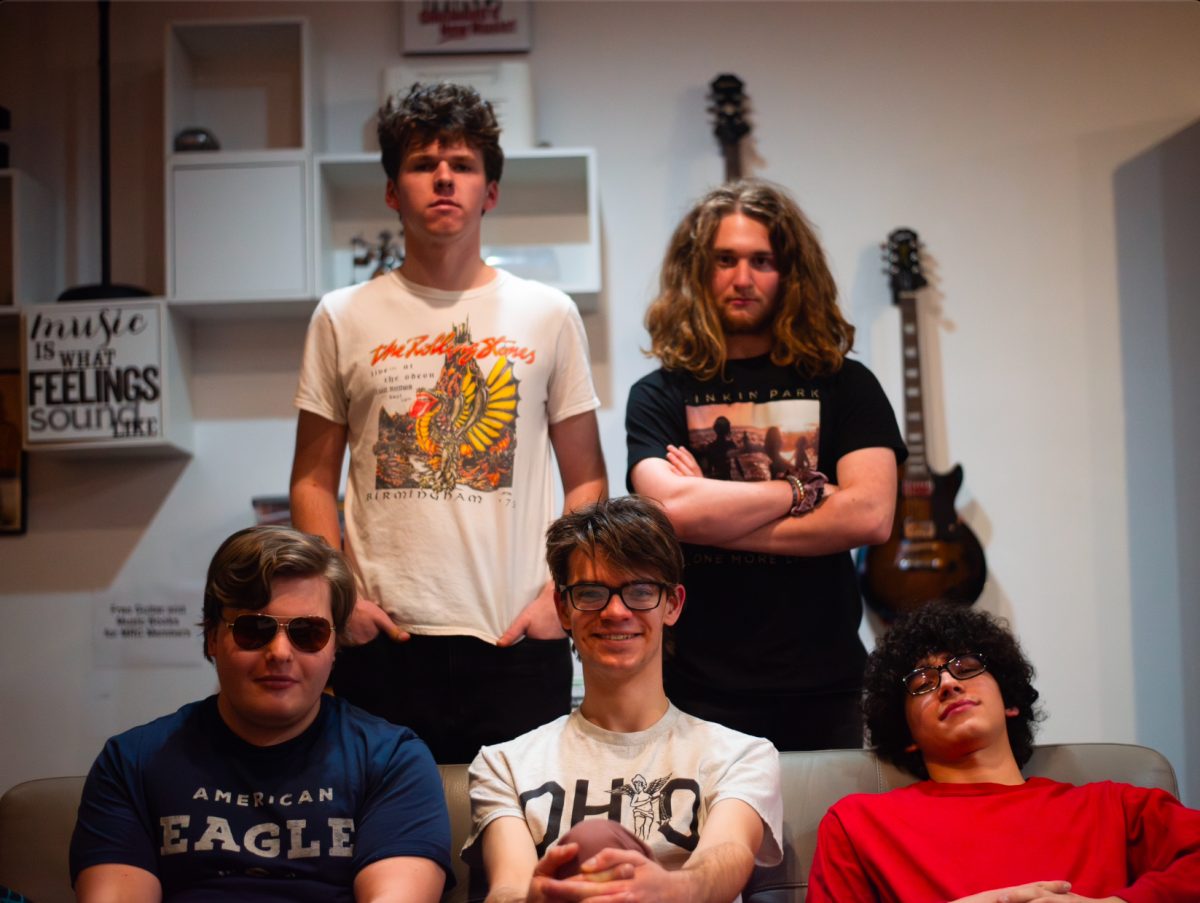




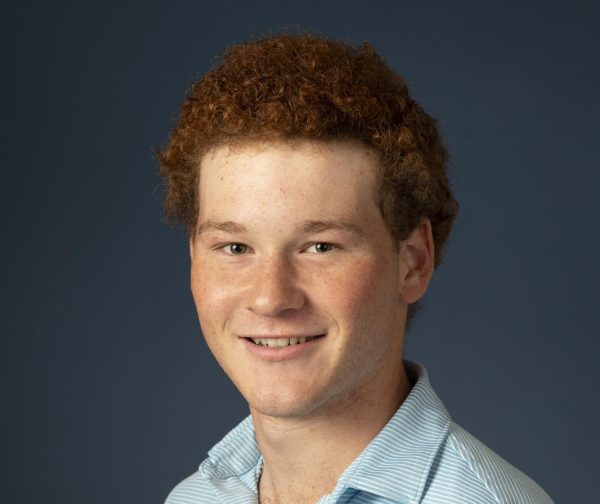
Nicholas Stein • Dec 7, 2023 at 10:21 am
Beautifully written and compelling argument. There should’ve been on more student perspective though